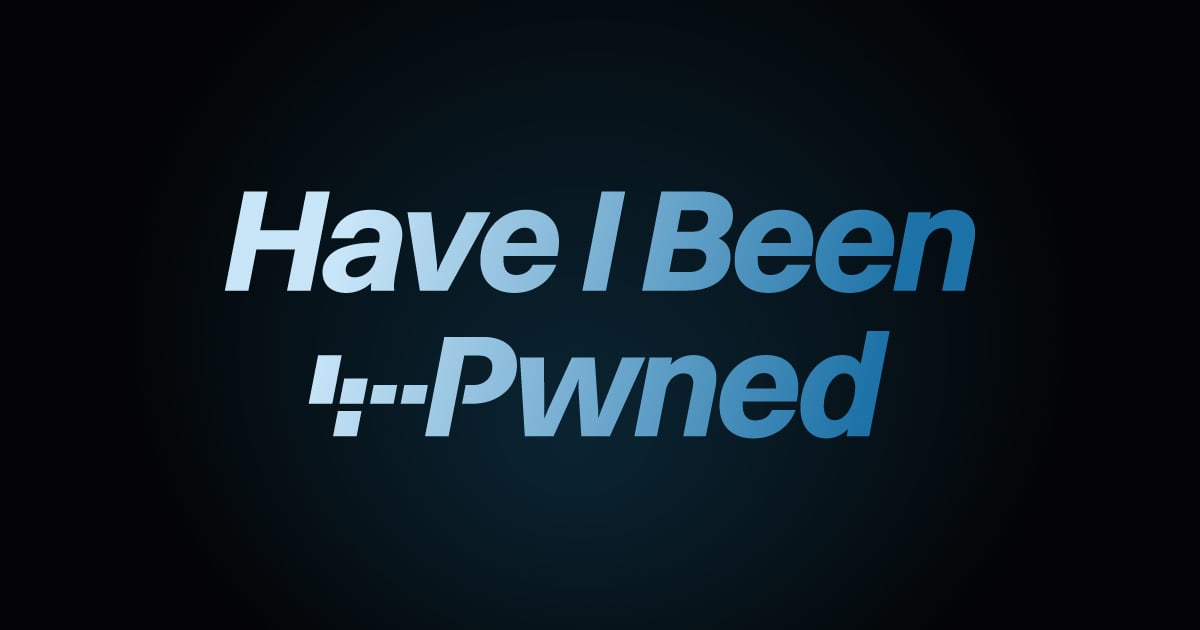If you ever used the password reset function at the forum's login you know the real thing looks completely different - I never got any email from freebsd.org with some code to be verified.
That's "just a normal fake BS junk mail" you catched. Though made for FreeBSD forums is new to me.
The way the login is protected here feels pretty safe to me. As long as you don't use an easy to guess email address, and above all a strong password you don't give away or click on some BS link in some dubious, unasked emails, I was not concerned.
Anyway, strong passwords:
As
eternal_noob already pointed out, unless you use weak passwords, which were the most risky security gap anyhow, a frequent change will not really increase security, but can even lower it, as he explained. A strong password is always better than to change passwords frequently.
I like that anecdote about Ken Thompson used the password
p/q2-q4! for quite a long time. And I'm pretty sure many tried to get it

Btw: There is no safer place for a password as in your head.
Your random password generator is a nice thing,
blackbird9, but it may need a bit polishing, since besides it produces passwords hard (impossible) to remember, the pw it produces only contain A-Z, a-Z, and 0-9, but lack any additional signs.
As long as you don't use one trivial word the strength of a password is not really increased by using random garbage. The strength of a password simply is defined by its length, and the sign base it uses.
Since you cannot remember those random pws you need some passwordmanager to deal with them. At least for that you need a really strong pw you have in your head, only. If the pw manager's pw is hacked all passwords in it are toast - no matter how strong those were.
That classic xkcd explains the most important issues better than any long post:




